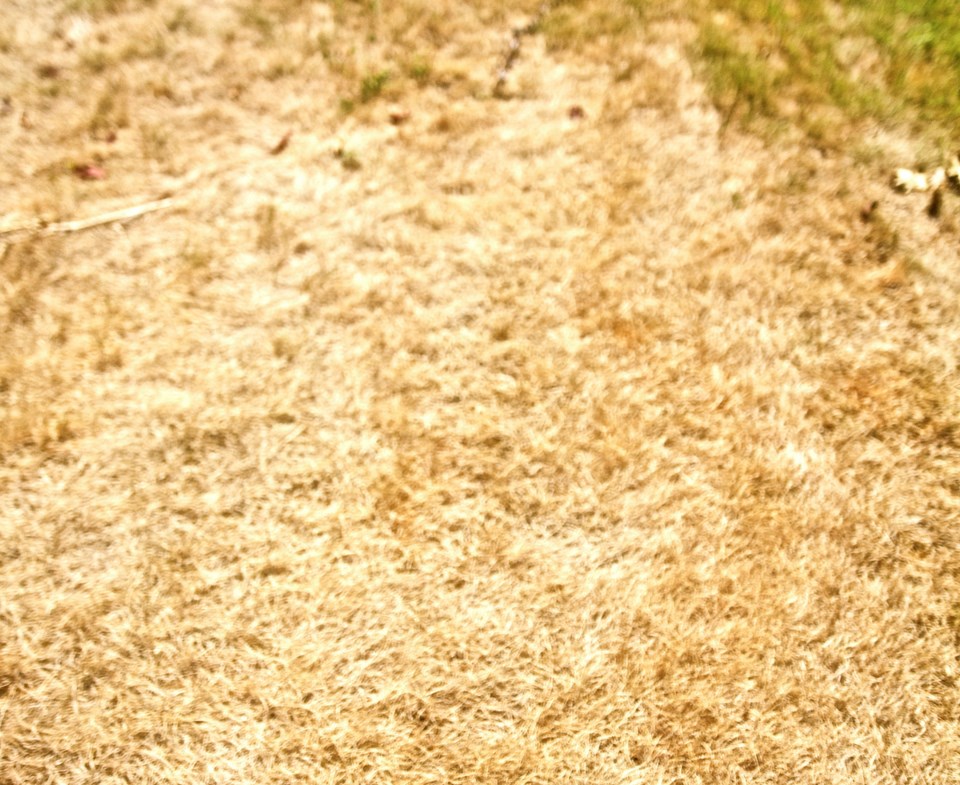If a city employee drops by and checks out your home’s water meter, don’t be alarmed.
New Westminster has directed city staff to implement a number of water conservation measures in 2018, including a consumption-monitoring program of a sample group of single-family homes. The initiative would see metres installed on about 50 homes that are metre-ready, so the city can measure water consumption.
“We will assure them that we are not changing in terms of the way we charge them,” said Eugene Wat, the city’s manager of infrastructure planning. “We just want to monitor it to get some baseline data to compare with future analysis.”
Council approved a series of recommendations related to water conservation and residential metering: * Continue to enforce, and if necessary, expand the enforcement effort of the city’s water shortage response bylaw.
* Continue to promote water-use restrictions through education, media outreach and community events to educate the public on efficient use of water.
* Initiate a phased program of civic facilities audits to identify a retrofit plan for inefficient fixtures, procedures and systems.
* Incorporate low-flow toilet rebates into existing conservation incentive program.
* Continue the current metre-ready approach with meter pit and settler installation through development and new housing construction.
While some of these items can be done with existing budgets, some will be considered as part of the budgetp process as funding is required.
Coun. Patrick Johnstone said the 2015 drought in Metro Vancouver that resulted in Stage 3 water restrictions raised concerns about water conservation.
“Staff have been working on this for more than a year and coming up with a set of measures to figure out how we are going to do a better job on conservation in the city. Water metering is part of it – it may or may not be part of it,” he said. “It’s a lot to do with how we ramp up or adjust our enforcement of water restrictions and how we manage other forms of incentives to reduce water consumption in the city.”
Johnstone said the summer of 2017 was unique in that the region started with “very high water levels” in reservoirs and had a rainy June.
“We went into the summer with lots of water and thought everything would be fine, and then had the driest July and August of all time in the city,” he said. “We ended up OK with our water restrictions; we never had to go past Stage 1. We got a little lucky, I think, because we can’t always count on having that huge supply at the start of the season.”
Wat said Metro Vancouver has been gathering information about metering and conservation to help municipalities decide what they want to do in terms of metering and conservation.
Coun. Chuck Puchmayr is pleased that more Metro Vancouver residents seem to be buying into the region’s recommendations for watering of lawns and recognizing how little water is needed to maintain a green lawn.
“I like the approach that we are taking,” he said. “I want us to continue to do the education. If the conditions get extreme, then we have already instructed staff to upgrade enforcement. I am seeing more members of the public are starting to be conscious of it.”



